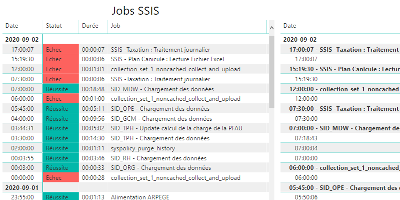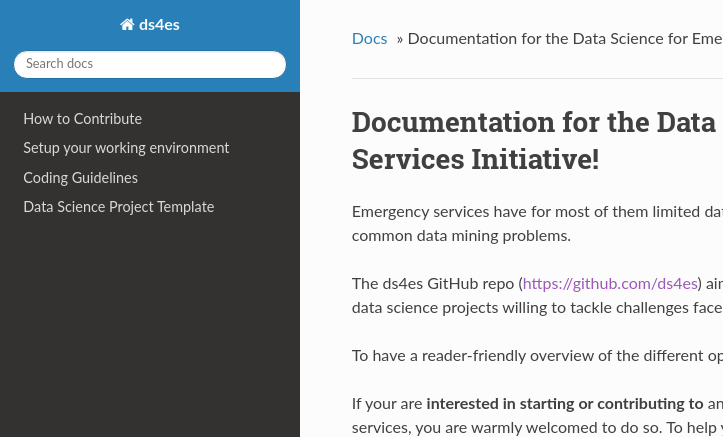Install Python and Jupyter Notebook on RHEL/CentOS 7

The easiest way to install Python and Jupyter Notebook is probably with Anaconda.
Anaconda is a free and open source distribution of the Python programming language for data science and machine learning related applications, that aims to simplify package management and deployment. Package versions are managed by the package management system conda.
There is a bunch of reasons why it is preferable to use such a thing as Anaconda instead of a traditional Python distributions. For me the most important reason is clearly that there is no risk of messing up your required system libraries.
Install Python with Anaconda
Read the Anaconda documentation to see what the difference between Anaconda and Miniconda
Choose, download and install the one that fits best for your needs:
- Miniconda download page: https://conda.io/miniconda.html
- Prefer Anaconda under an entreprise network constraint (having a bunch of package already installed will save you lot of time), Anaconda download page: https://www.anaconda.com/download/#linux
wget https://repo.continuum.io/miniconda/Miniconda3-latest-Linux-x86_64.sh
chmod -R 755 Miniconda3-latest-Linux-x86_64.sh
./Miniconda3-latest-Linux-x86_64.sh
Accept the licence and to prepend the Miniconda3 install location to PATH in your /home/username/.bashrc
Do you wish the installer to prepend the Miniconda3 install location
to PATH in your /home/username/.bashrc ? [yes|no]
[no] >>> yes
Refresh your environment variables
. ~/.bashrc
Check your default python location
which python
Check your Python version
python --version
Anaconda having currently no internal update to 3.7, for upgrading Python being under 3.6 for example, you will have to do something like
conda install python==3.7
Upgrade the packages to the newest version
conda update --all
Anaconda update doesn’t clean automatically older packages, for this we have to use the following command
conda clean -p
Install the Jupyter Notebook
conda install -c conda-forge notebook
You can now launch the Jupyter Notebook with:
jupyter notebook
The Jupyter Notebook should open in your web browser.
See also
date_range 02/09/2020

How to monitor SSIS job and package executions.
date_range 15/08/2020

Enable a network connectivity between Docker containers on CentOS 8.
date_range 07/04/2020

Sphinx and GitHub provide an efficient and free way to publish your documentation online. Here we describe how to do so.